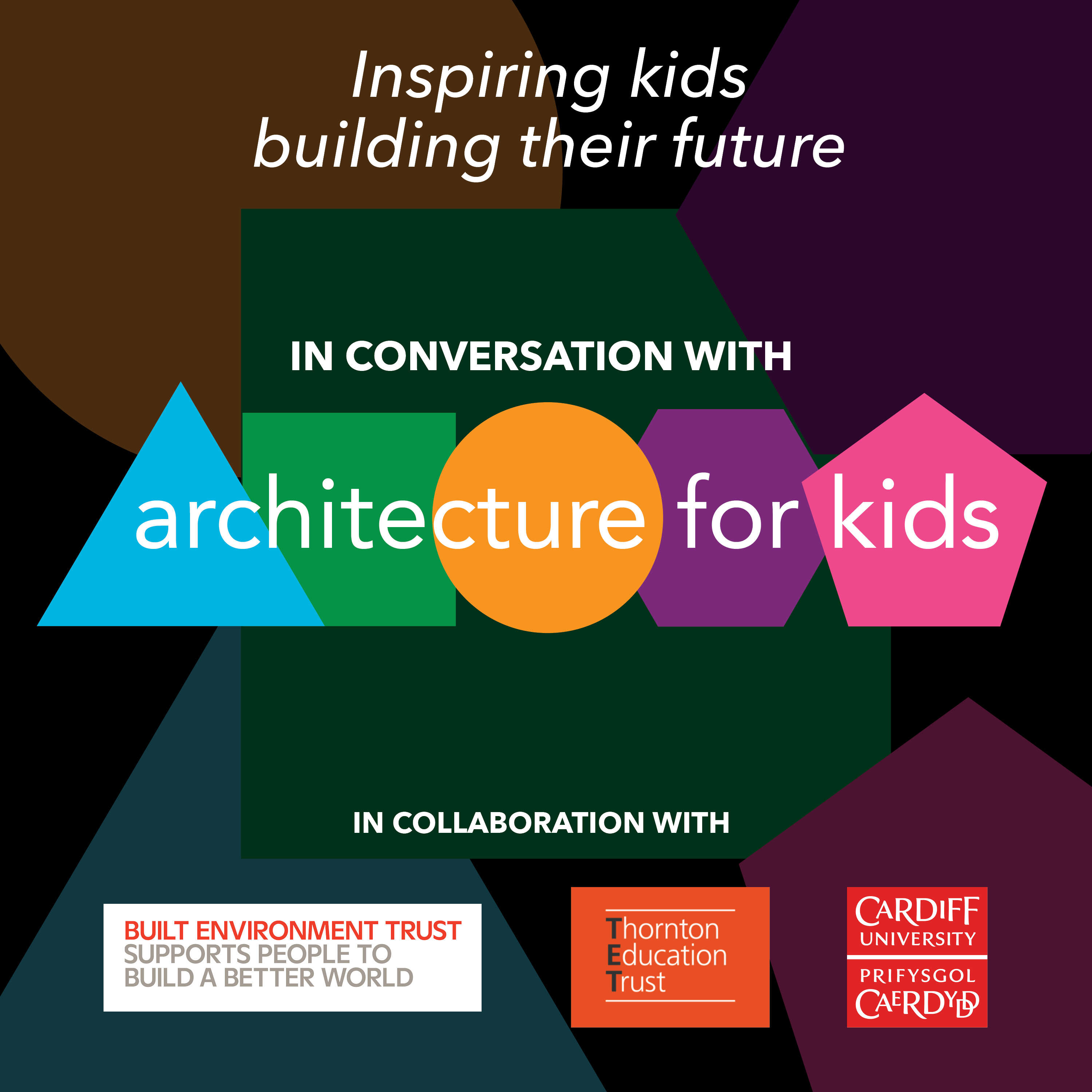- After-Shows
- Alternative
- Animals
- Animation
- Arts
- Astronomy
- Automotive
- Aviation
- Baseball
- Basketball
- Beauty
- Books
- Buddhism
- Business
- Careers
- Chemistry
- Christianity
- Climate
- Comedy
- Commentary
- Courses
- Crafts
- Cricket
- Cryptocurrency
- Culture
- Daily
- Design
- Documentary
- Drama
- Earth
- Education
- Entertainment
- Entrepreneurship
- Family
- Fantasy
- Fashion
- Fiction
- Film
- Fitness
- Food
- Football
- Games
- Garden
- Golf
- Government
- Health
- Hinduism
- History
- Hobbies
- Hockey
- Home
- How-To
- Improv
- Interviews
- Investing
- Islam
- Journals
- Judaism
- Kids
- Language
- Learning
- Leisure
- Life
- Management
- Manga
- Marketing
- Mathematics
- Medicine
- Mental
- Music
- Natural
- Nature
- News
- Non-Profit
- Nutrition
- Parenting
- Performing
- Personal
- Pets
- Philosophy
- Physics
- Places
- Politics
- Relationships
- Religion
- Reviews
- Role-Playing
- Rugby
- Running
- Science
- Self-Improvement
- Sexuality
- Soccer
- Social
- Society
- Spirituality
- Sports
- Stand-Up
- Stories
- Swimming
- TV
- Tabletop
- Technology
- Tennis
- Travel
- True Crime
- Episode-Games
- Visual
- Volleyball
- Weather
- Wilderness
- Wrestling
- Other
Architecture for kids podcast with Sarah Phillips Head of Education at Open City
Our young people have so much to contribute to our cities but we must make the time to listen to them and give them the skills to work creatively and collaboratively to be able to imagine their future. I’m delighted to join a podcast which also believes in this. Hosted by Antonio Capelao co-founding director at Architecture for kids CIC, and in collaboration with the Built Environment Trust, the Thornton Education Trust, and the Welsh School of Architecture Cardiff University.<br/><br/>These short and to-the-point podcasts hope to improve the interplay between the fields of the built environment and education as we share knowledge between the practitioner, the creative, and the primary school teacher. Exploring how to prepare children and young people for economic, environmental, and societal challenges, and for their professional lives according to today’s needs and those of a sustainable future.

